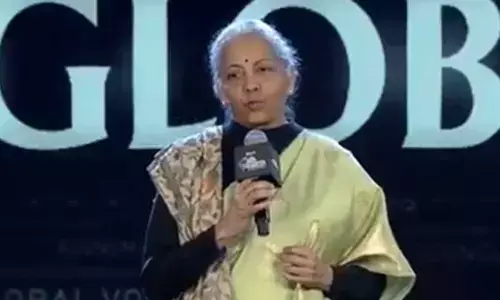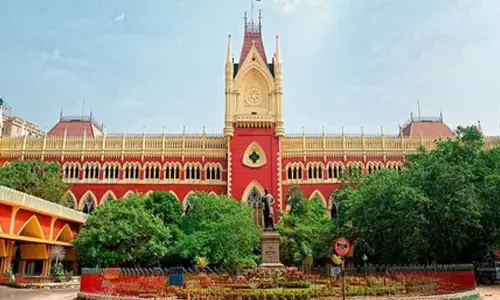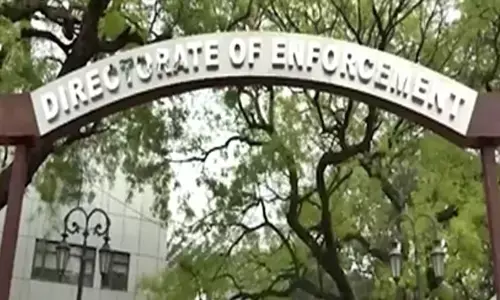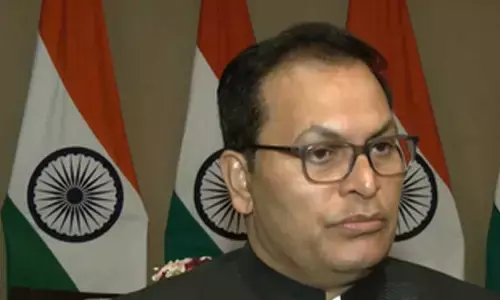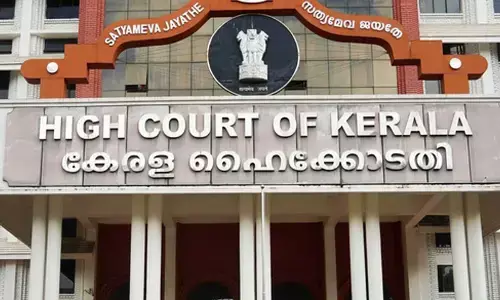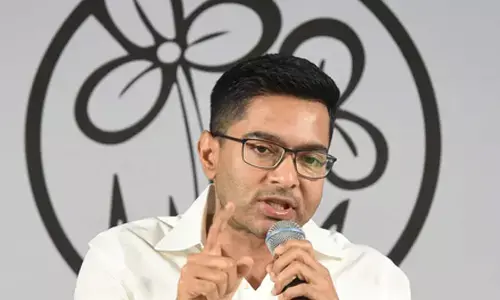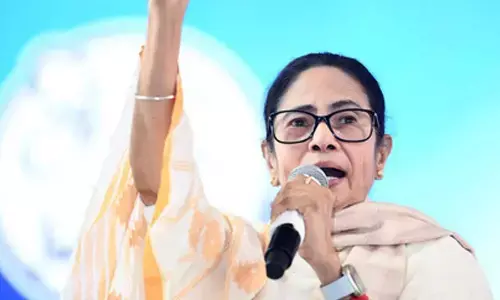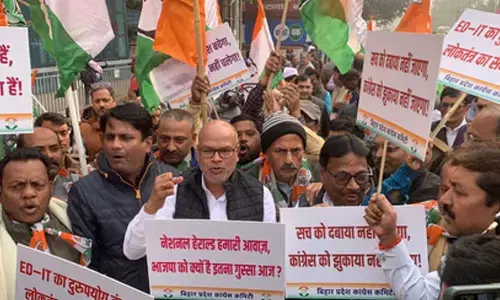Separate process to rank small varsities in future: Javadekar

Union HRD Minister Prakash Javadekar Saturday said there would a separate ranking process for small universities in the country in future
Panaji:Union HRD Minister Prakash Javadekar Saturday said there would a separate ranking process for small universities in the country in future. He said since the 'no detention policy' might spoil the education, the government plans to implement outcome-based learning modules in primary education to map the learning process of each student.
The minister was speaking at the convocation function of the Goa University here. Governor and Chancellor of the university, Mridula Sinha, was also present. University Vice Chancellor Prof Varun Sahni, who also spoke on the occasion, said it was not fair that all the universities, irrespective of their size, are given ranking through a common process. In his response, Javadekar said, "There would be a separate ranking process for smaller universities in future." The minister said the Modi government has been trying to give direction to the education system in the country.
"For the last four years, we have been trying to give proper direction to education. (Former RBI governor) Raghuram Rajan and twelve economists have given a 40-page paper on critical analysis of Indian economy. In that paper, importance of education has also been stressed," he said during his address to students. Javadekar said education should not just be "input-led", but also be "outcome-based".
"Only infrastructure in educational institutions is not important...What is critical is how much is the outcome. Students are the barometer of the outcome of the educational institutes," he said. "We can judge it by sensing whether the students, who have passed, think only of themselves or whether they think of the society also...whether they are good citizens and whether they are inculcating values to make society better," he added. On the Right to Education (RTE) and the 'no detention policy', Javadekar said, "We need to check whether we are providing outcome-based education right from the primary education." "We have seen that the examinations are cancelled till Class VIII.
Such a system might spoil the education, that is why we created learning outcome, which lists what should be learnt by students in each standard," the minister said. "It would be monitored whether the learning outcome of each of the student is completed or not. That is the basic of our education," he said, adding that quality, research and innovation is being given priority in education.
In July this year, a bill to amend the Right to Education (RTE) Act to abolish the 'no detention policy' in schools was passed in the Lok Sabha. Under the provisions of the RTE Act, students are automatically promoted to the next class till Class VIII. This is one of key components of the RTE Act which came into force on April 1, 2010. In recent years, states and union territories have been raising the issue of adverse effect on learning levels of children because of the no-detention policy.
Pointing out that of the 10,000 graduates of Goa University, who were given certificates on Saturday, 52 per cent were girls, Javadekar said the essence of 'Beti Bachao, Beti Padhao' campaign lies in this phenomenon.








